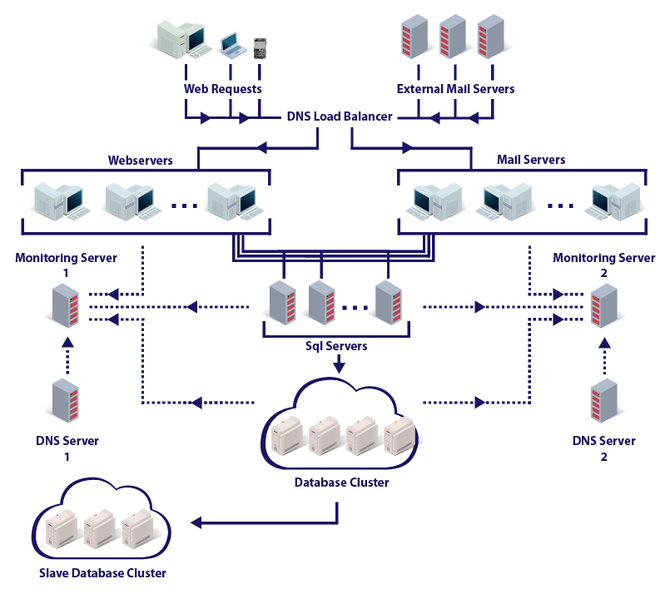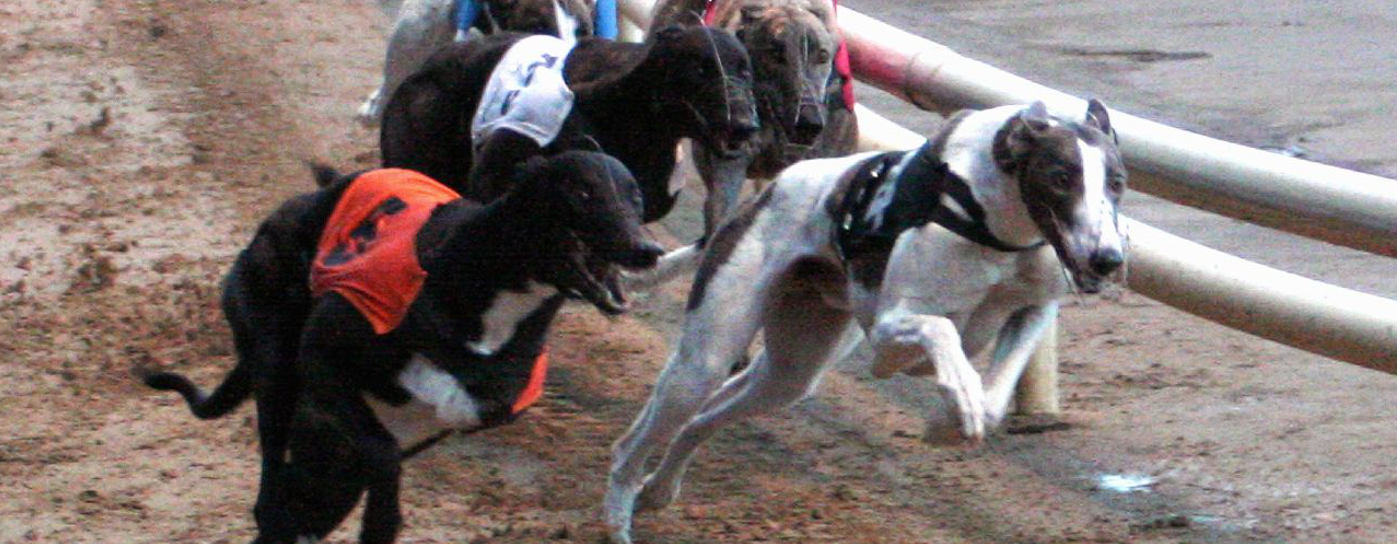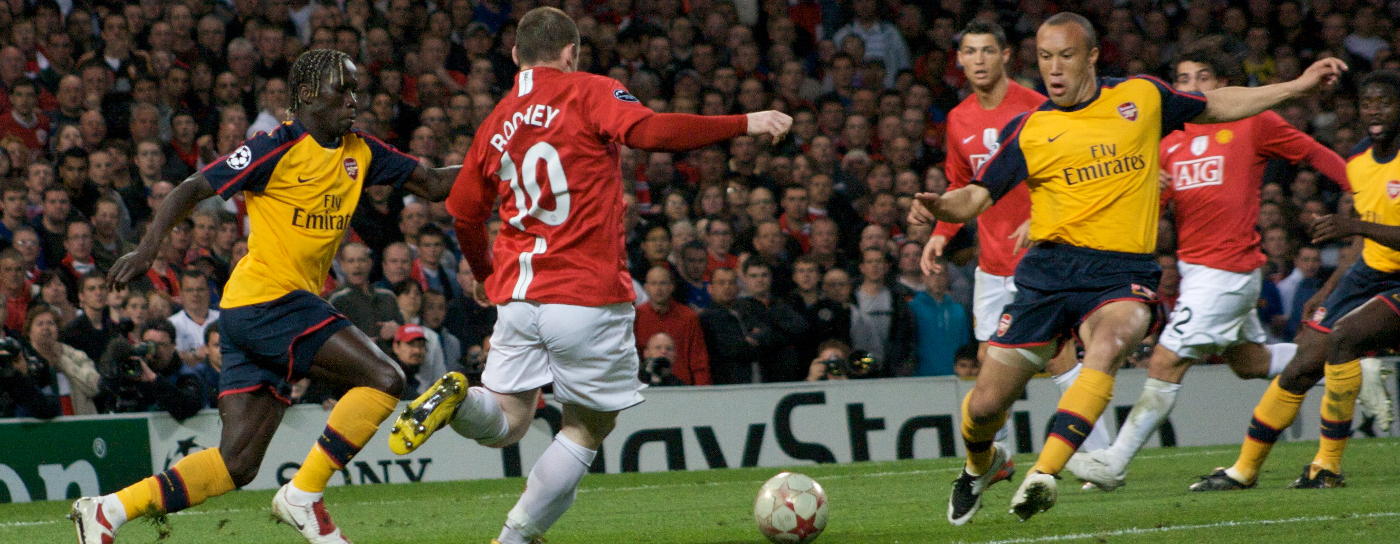
The trilby is perched, braces hoist trousers above the waists of the mostly stout framed bookies. There’s a ciggie on the go in the corner of the mouth which leaves enough space to talk if required.

Its race day. A bookmaker is the one who writes up your bet, sets the odds and pays the winnings from the previous race from his betting bag, an apparel item; which is an object of great fascination for every punter, for it contains equal portions of joy and pain. It’s a world that was mostly transparent, even if the average punter has always known a punt comes with a certain ‘sleight of hand’ somewhere in the daisy chain of events.
Many of us are familiar with the romantic image of the friendly jobbing bookmaker, though increasingly they rarely walk among us.
They have been replaced by a new breed of corporate bookmakers, protected by watertight term and conditions and powerful data driven algorithms. They are faceless, yet always in our faces.
They stalk our online feeds, spam our emails. This new breed form strategies not relationships unlike like the old-time bookies who instinctively understood that ‘face to face’ relationships form an integral part of the business model.
This new breed of bookmaker can reach us via every screen we own, and if by some miracle that passed us by, there are the billboards on every high-street and shops we can visit to place a bet on our way home from buying a carton of milk.
What you probably don’t know though, is the entire industry has changed, the book in bookmaking is no longer an A4 ledger tucked behind the flimsy wooden betting board.
The book is now you.
Let me explain.
The old school bookies often made a living out of running a profitable book on a race or event by changing the odds as the bets come in to ensure that no matter who wins, they pay out less money than they take in. It is simple but not quite so straight forward because unlike in casino games, where the odds are the same game after game, spin after spin, the odds offered for racing and sports are based on the skill and performance of the players. Because of this fact there are of course, a handful of punters, who know their sport better than the bookies. This was never an existential threat as the bookies pay-packet is kept healthy by the overall book winning.
Fast forward, it’s a new century and gone are the stout middle-aged bookies who run the book on the track with their handwritten chalkboards. They have been replaced by warehouses full of servers profiling, measuring and categorising your every click which ultimately determines every future interaction with you.

I hate to break the news, but no one runs a book for the track anymore. Technology has superseded the on-course bookie, it’s now an online smorgasbord of propositions to wager your money on. Russian snooker, Australian local league football, darts, handball, politics, even the next winner of Love Island.
But even global bookmakers don’t take enough bets to fill a book on obscure events such as these. So how do they guarantee a profit?
Instead of making a book for every event, the bookmaker of today now runs a book for every customer armed with data sometimes collected in the shadows. The bookie can then start limiting or banning every punter that is better than them, not just the few notorious high scoring punters of the past that risked their books profitability.
But it’s not only winners who are targeted. There is money to be made! There is now a data driven sliding scale, on one end some are restricted to 1p bets, on the other end some big losers can drop £100,000 in a single bet without the bookie taking a second look. At this end, despite regulation it has been pretty common for the bookmaker to entice you to lose more, perhaps using VIP schemes, e.g. the more you lose the more the bookie will let you lose. The complete opposite of responsible gambling. In fact to the bookie it’s not about the races or sports anymore. They are the means to an end. It’s about you, you are the event. Your skills and knowledge. Not the track, horses, jockeys and trainers. Not the stadium, players, teams and managers. You’re the end game.
This change is only recent. Made possible by the internet of course. To gamble online you must have an account in your name. Verified with your documents. You cannot have more than one account. Every bet is logged against your name. The amount, the sport, the market, the odds, the time.
It is more sinister than just the amounts they allow you to bet. The data informs everything.
What sports or markets you can bet on and when; what enticing offers you get, nothing for some and huge free bets or cash back for others. They know if emails, push notifications, texts or social media have worked in the past to get you on their site and the algorithms adjust tactics accordingly to keep you coming back.
If you have an issue and you have a human look into your complaint they will go through all your account details and if you are lucky enough to be given compensation, it’s not unknown for what they offer, to have more to do with your profitability than the nature of your complaint. Your account status is even likely to determine how much abuse and threats you will be allowed to scream at the staff. If you are a VIP virtually anything goes.
Think you’ll be a winner? I wouldn’t bet on it.
James Poppleton & Paul Morris are guest bloggers from Australia. James has worked for online corporate bookmakers and in-shop in both Australia and the UK. Paul is a union man concerned about how staff are treated who work for large corporate gambling companies, e.g. staff being disciplined for being ill. J4P thanks them for their blog and giving their time freely.
The J4P editor comments
In the UK we are approaching a government review of our Gambling Act (2005).
Despite the majority of people gambling safely, quite rightly the main focus of this review will be the reduction of gambling harm. However, the review must not forget to cover the ‘open and fair’ objectives of the original Act, because there are quite a few problems here also.
According to the CEO of GVC (Ladbrokes, Coral and other brands) 99% of their customers lose, so who are the other 1%? It’s a fair guess that a few of these people are important to the gambling industry and must not be upset for varying reasons, e.g. not treated like other customers. Controversially, it’s likely the vast majority of this 1% are people who bet using false identities. This dramatic observation is driven by the gambling company processes explained in this blog. As stated, any new Gambling Act in the UK must address these issues.
The present UK law referred to as ‘no right to bet’ appears sensible on the face of it. But combined with the competitiveness of the internet, which dictates an unstainable industry over-round for sports betting, sadly it has led to people who bet congregating into a small number of groups:
1. Those where gambling causes harm (these people have been given a ‘right to bet’).
2. Those who lose without harm (these people have been given a ‘right to bet’).
3. Those who have a big, often ‘one-off’ win that is greater than their previous losses (these people have been given a ‘right to bet’).
4. Those who win, because they are important to the gambling industry, e.g. certain media people, certain MPs, etc (these people have been given a ‘right to bet’).
5. Those who win using other identities or using a team of people to place bets for them (these people have been given ‘NO right to bet, but they are able to bet’).
6. Those who bet online with traditional bookmakers in traditional ways and show signs they may win, e.g. those who may win backing horses or football teams using their own identities and are not thought of importance to the gambling industry. Every single person who bets dreams of being in this group (these people have been given ‘NO right to bet’ by online bookmakers).
All this means that the UK’s ‘no right to bet’ law has enabled a modern gambling market that is unfair. In fact, what is presently marketed as sports betting online is a ‘sham’ in the traditional sense, so why have the UK government and their appointed regulator allowed what this blog explains to continue unabated, despite knowing all about these practices?
Any Gambling Act review must address this issue or the UK government has admitted that it’s acceptable to advertise and market a product that doesn’t exist. Customers in group 6 must be given a chance to win up to certain limits. To help with this it is essential some people who understand betting and aren’t paid by the gambling industry must be involved in the Gambling Act review. Otherwise the industry will out manoeuvre everyone else.
The aforementioned practices have to end or the product being advertised and marketed must make customers aware that the only winners allowed are; lucky winners who use no or little skill, or people with influence.








